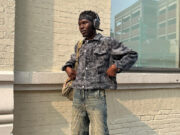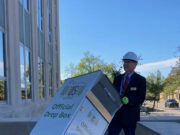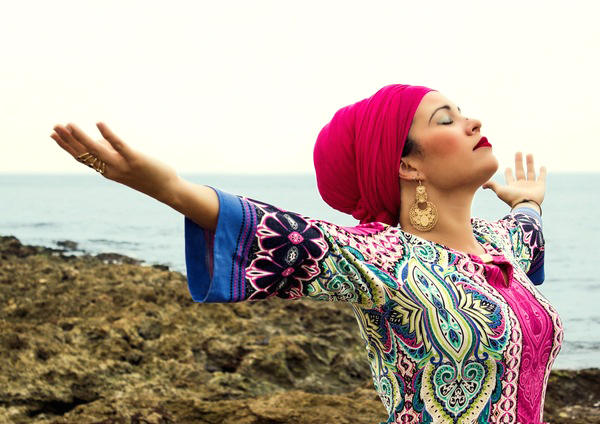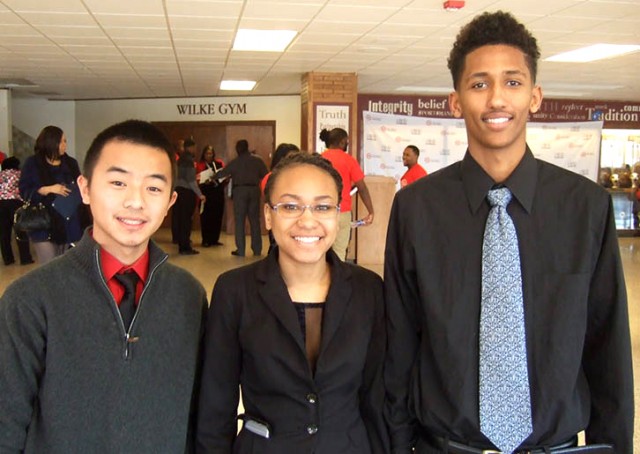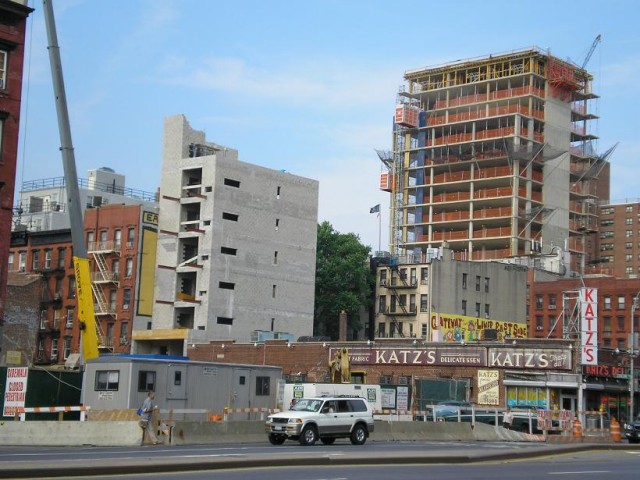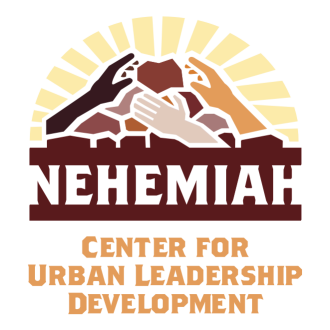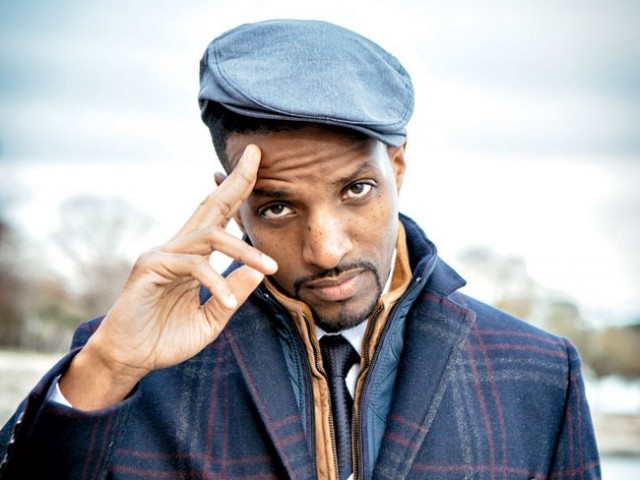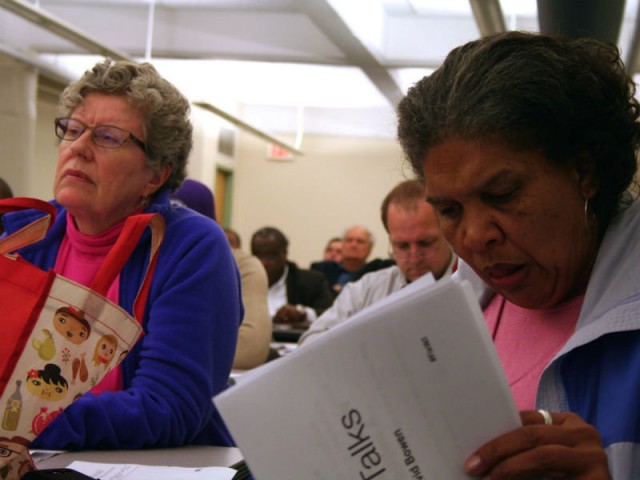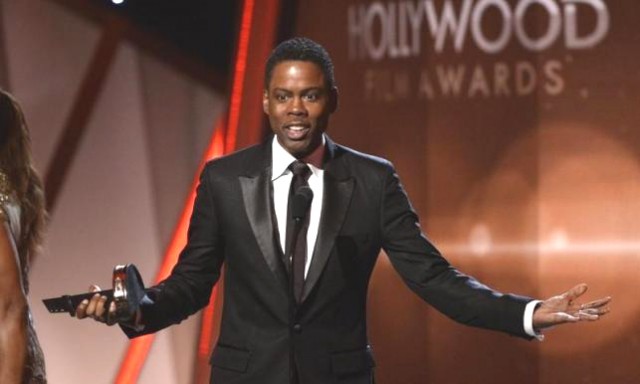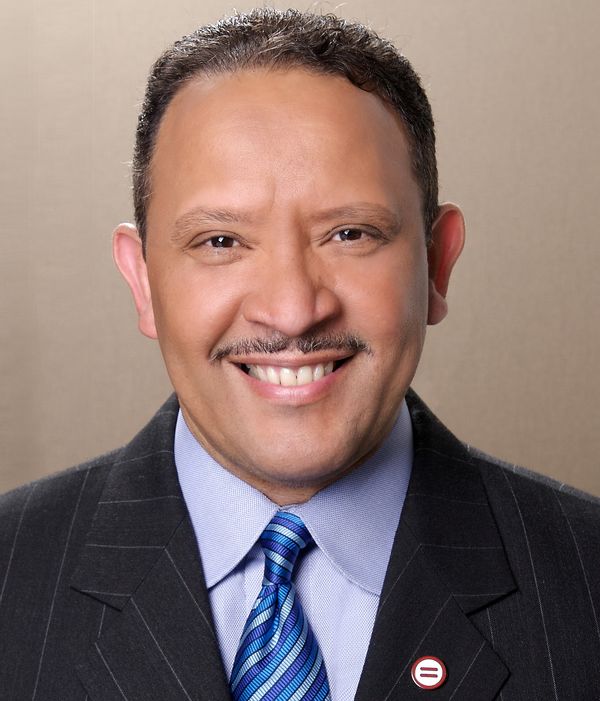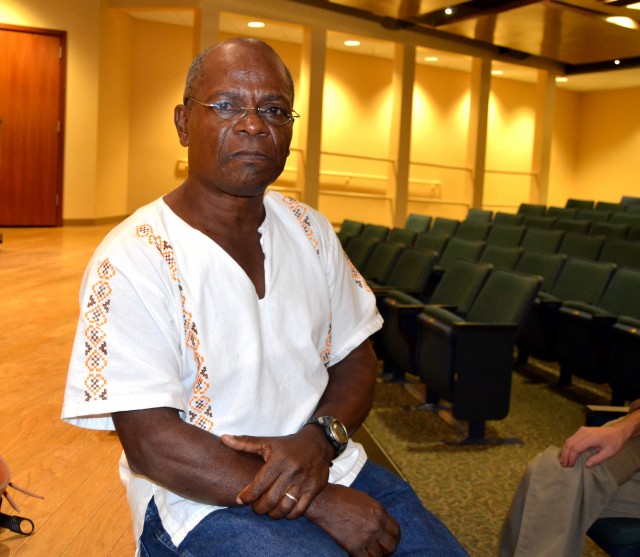“Indigenous Traditions, Multilingual Voices in Hip Hop Today”
Passing the Mic Hip Hop Arts Festival is celebrating “Indigenous Traditions, Multilingual Voices in Hip Hop Today” this weekend on the UW-Madison campus.
The 11th annual Passing the Mic, presented by the Office of Multicultural Arts Initiatives (OMAI) and Wisconsin Book Festival, commenced last night in the Promenade Hall of The Overture Center.
“I think what’s great is that it’s really organic,” OMAI and First Wave Director Willie Ney said about forming this year’s theme. “In indigenous communities, they definitely have a lot of teens who participate in Brave New Voices and are Hip Hop artists.”
Passing the Mic celebrates the transformational potential of Hip Hop arts in the Madison community and on the UW-Madison campus, and involves First Wave scholars, teen artists from across the United States, as well as internationally renowned performing artists.
He acknowledged the process of selecting the theme of “Indigenous Traditions, Multilingual Voices in Hip Hop Today” had a lot to do with the featured guests. Ney described the theme as an overdue topic which deserved to be addressed.
“The highlights are the visiting artists that are coming,” Ney said.
The First Wave Hip Hop and Urban Arts Learning Community is a cutting-edge multicultural artistic program that offers competitive undergraduate scholarship recipients the opportunity to live, study, and create together in a close-knit, dynamic campus community.

This year’s showcase features Cuban rapper and jazz poet Telmary Diaz, Grammy Award-winning author J. Ivy, Lakota hip-hop artist Frank Waln, hip-hop artist and actor Baba Israel, hip-hop scholar Kyle Mays, First Wave Scholars and other Midwest Hip Hop all stars.
The program began yesterday afternoon with a panel discussion based on the theme followed by a the Passing the Mic/ All Elements Hip Hop Arts Showcase at 7 p.m. Hip Hop and poetry performances will occur throughout the weekend, especially Friday and Saturday night.
Passing the Mic does not just celebrates Hip Hop in the Madison community and on the UW-Madison campus, it also offers a space for teen artists from across the country to perform, as well as worldwide performing artists.
“It’s recruitment; to see the campus, feel the vibe, to hype them up to apply [for First Wave],” Ney said.
The festival allows multicultural youth to experience Hip Hop and culture in Madison. In fact, the festival has attracted a multicultural crowd to Madison for the last decade.
“It’s bridging the gap between communities,” Ney said, “to bring together audiences.”
This year’s Passing the Mic also celebrates the 10-year anniversary of OMAI itself. Since 2005, OMAI has provided culturally relevant and transformative arts programming to promote positive social dialogue, and to give cultural art forms a legitimate academic forum.
Along with OMAI and Wisconsin Book Festival, the festival is presented by the University of Wisconsin-Madison’s Division of Diversity, Equity, and Educational Achievement, the Department of Afro-American Studies, the Arts Institute and Pathways to Excellence on campus, and 100state.

Passing the Mic Hip Hop Arts Festival includes:
◆ Friday, October 23
5-6:30 p.m.: First Wave Spoken Word Showcase: Indigenous Traditions, Multilingual Voices. First Wave poets put their unique poetic spin on the global languages of hip-hop with response by renowned local and internationally acclaimed artists, community intellectuals, and UW faculty members.
7-9:30 p.m.: Celebrating Ten Years of OMAI. A showcase featuring guest artists and an excerpt of Baba Israel’s “The Spinning Wheel.”
◆ Saturday, October 24
8-10 p.m.: Showcase: Indigenous Traditions, Multilingual Voices. Telmary Diaz, Frank Waln, J. Ivy, and First Wave artists & Midwest Youth Hip Hop All Stars.
.
About the Artists
◆J. Ivy is a Grammy-Award winning Chicago-based spoken word artist whose new book, Dear Father, was recently released by Simon and Schuster Publishers. He has worked with industry notables such as Russell Simmons, Deepak Chopra, and Kanye West.
◆Frank Waln, an award winning Sicangu Lakota Hip Hop artist, producer, and performer from the Rosebud Reservation in South Dakota, has been featured on MTV’s Rebel Music Series. He released his first album, Scars and Bars, in 2010, and recently released the EP Born Ready.
◆Telmary Diaz hails directly from Havana, Cuba. Diaz is an acclaimed multi-talented artist who has shared the stage with the likes of Africa Bambaataa, Terence Blanchard, Roy Hargrove, and other musical giants. She is also a guest artist for the fall 2015 Juan de Marcos González Interdisciplinary Arts Residency.
◆Baba Israel is a theatre and Hip Hop artist who has toured across the United States, Europe,South America, Australia, and Asia, performing with such artists as Outkast, Philip Glass, Rahzel, Lester Bowie, and Vernon Reid, among many others.
◆Kyle Mays, originally from Detroit, is a Hip Hop scholar of Black and Saginaw Chippewa heritage who has just begun his tenure as a member of the History Department at the University of North Carolina – Chapel Hill.













